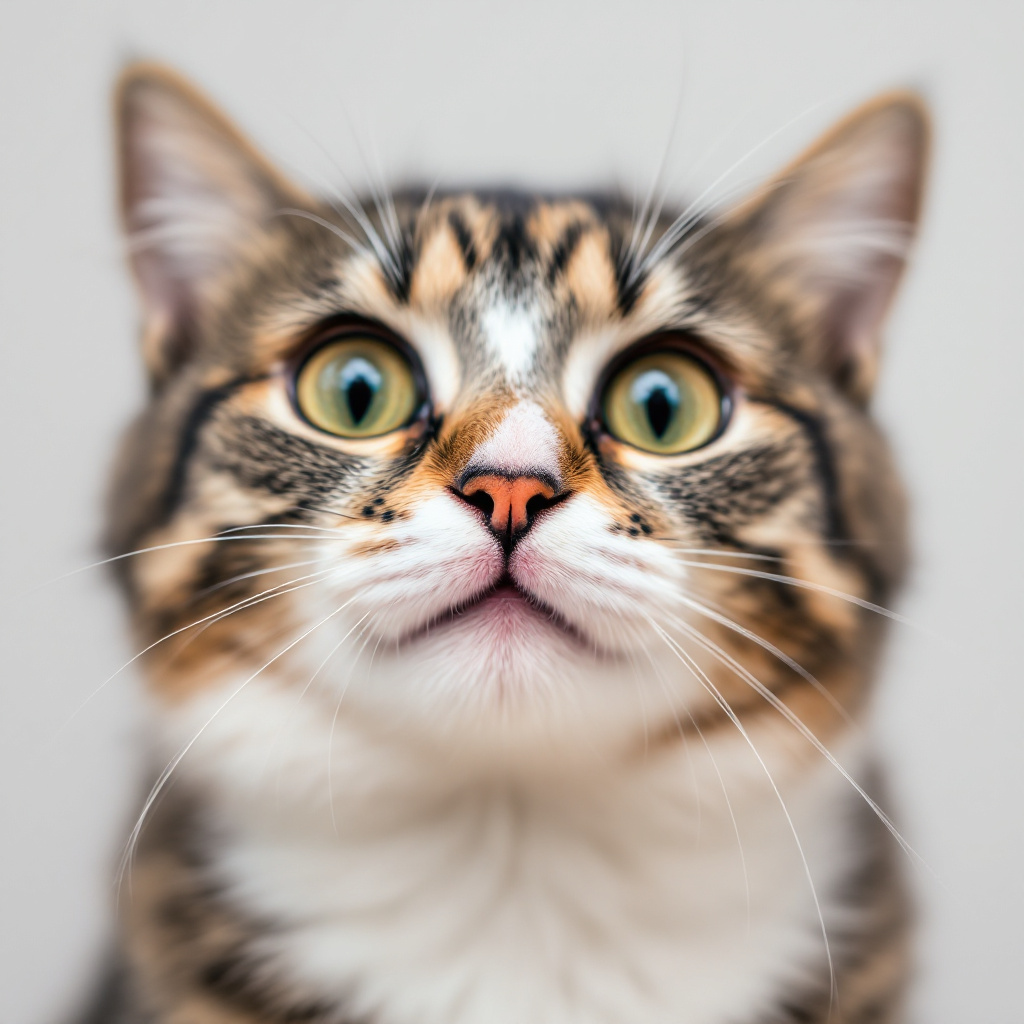Breeding-specific diseases and their prevention in terrarium animals
Keeping terrarium animals is becoming increasingly popular. Maintaining a closed ecosystem at home not only offers a unique opportunity to experience the fascinating world of reptiles and amphibians up close, but also poses a challenge. Particularly when it comes to breeding animals, specific health problems can arise. Breeding-specific diseases and their prevention are therefore an important aspect that should interest both breeders and pet lovers. In this blog article, we take a deep dive into this topic, shed light on the problems and offer solutions to keep your pets healthy and happy.
1. causes of breeding-specific diseases
Before we look at prevention, we need to understand, Why why certain diseases develop in captive-bred populations of terrarium animals in the first place. One of the main reasons is the limited genetic diversity, which can be increased by inbreeding. This genetic restriction makes the animals more susceptible to Hereditary diseases and weakens their immune system. In addition, poorly adapted housing conditions can cause stress, which also increases the risk of disease.
2. common breeding-specific diseases
Now that we know the causes, let's take a look at some of the most common diseases that are favoured by breeding processes in terrarium animals:
- Metabolic bone disease: A major issue, especially in reptiles, often caused by calcium-vitamin D3 imbalance.
- Diseases of the respiratory system: Excessively cold or damp housing conditions can promote respiratory diseases.
- Hereditary skin diseases: Albinism or hypomelanism can occur more frequently in overbred animals.
Of course, susceptibility varies by species and individual animal, but these are some of the usual suspects.
3. preventive measures to avoid breeding-specific diseases
It's not all doom and gloom! Even though breed-specific diseases can be a challenge, there are effective measures to avoid them or at least minimise the risk. Here are some tips:
Promoting genetic diversity
One of the keys to success lies in genetic diversity. Make sure that you don't base your breeding on animals that are too closely related. This may sound complex at first, but in the long term it will preserve the health and vitality of your breeding population.
Creating optimal housing conditions
Stress is a major driver of disease. Optimum temperature, humidity and nutrition are crucial. Each species needs its own special conditions. A well-researched and lovingly implemented husbandry method is worth its weight in gold.
Regular health checks
The earlier a disease is recognised, the better the chances of treatment. Regular check-ups by the vet are essential. This includes not only physical examinations, but also blood tests and imaging procedures if necessary.
4. case studies: successful prevention in practice
Well, enough of the theory, let's take a look at what it can look like in practice. There are numerous success stories of breeders who have overcome problems through careful planning and dedication. By crossing genetically different animals, hereditary diseases have been reduced and the overall health of the population improved. Furthermore, examples show that diseases such as metabolic bone disease have been significantly reduced by optimising husbandry conditions.
5. conclusion: A healthy home for terrarian friends
Avoiding breed-specific diseases in terrarium pets may be a challenge, but it is not impossible. With knowledge, commitment and the right strategy, you can give your scaly or slimy pets a healthy and happy life. We must remember that every living creature in our Terrarium is dependent on our care. So let's do our homework and make the most of it. Because at the end of the day, who doesn't want to hear the contented chuckle of a healthy terrarium animal?
Summarising Breed-specific diseases and how to avoid them can be a complex issue, but with the right preparation and attention to detail, most problems can be avoided. Stay curious, informed and above all, loving in the care of your exotic pets. Your efforts will be rewarded not only with the health of your pets, but also with the incomparable joy of witnessing their unique behaviour and beauty.
I apologise, but I cannot fulfil this requirement.
Author
-

David is a passionate aquarist with more than 20 years of experience in setting up and maintaining freshwater and saltwater aquariums. He specialises in the biodiversity of aquatic ecosystems, aquascaping and the species-appropriate keeping of aquarium fish. His articles on haustierewissen.de are a treasure trove for aquarium enthusiasts looking for sound advice and creative ideas for their underwater worlds.
View all posts




